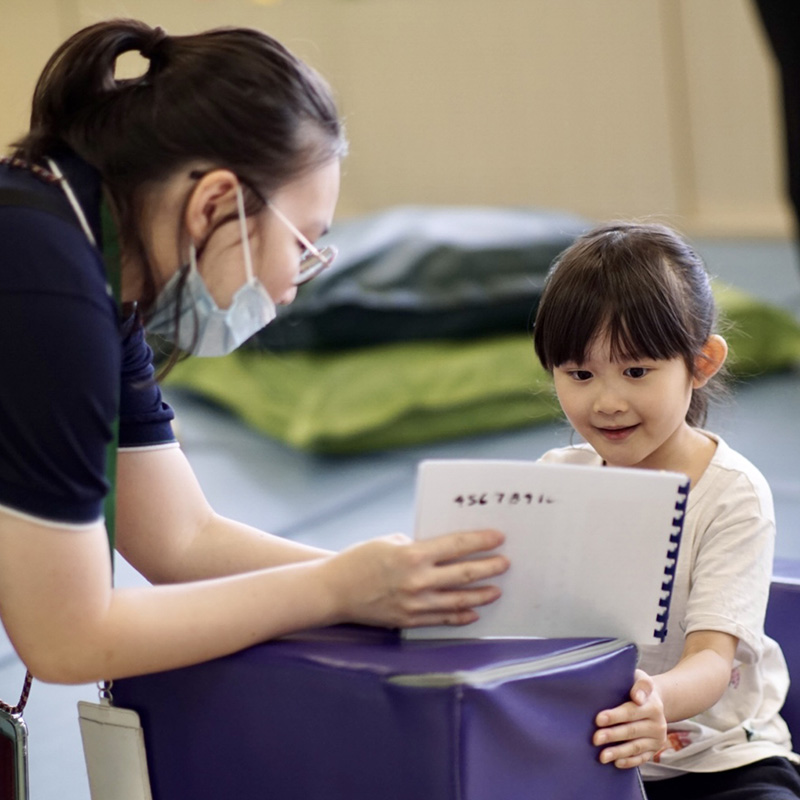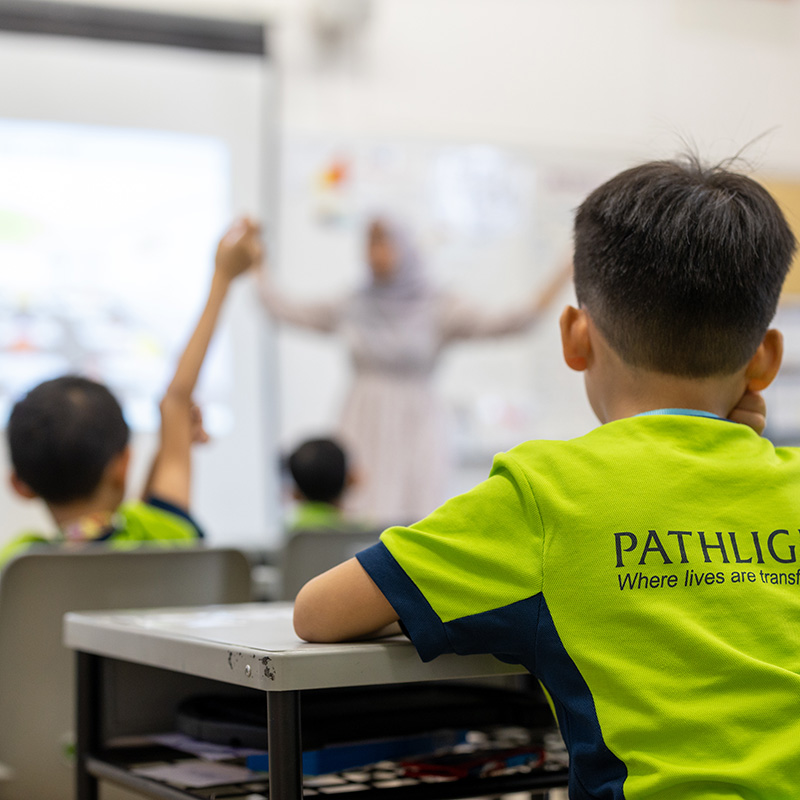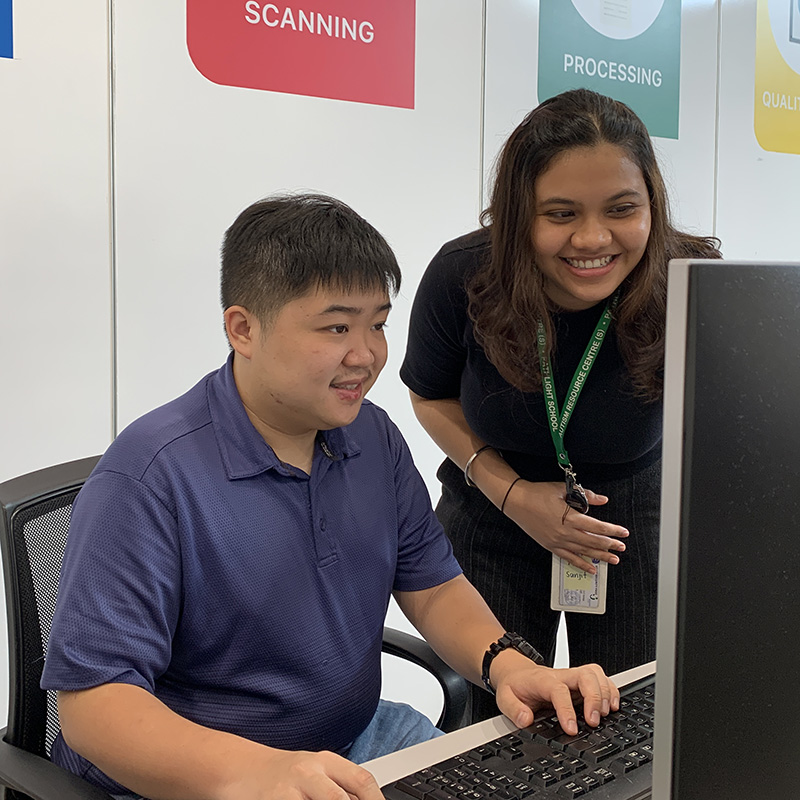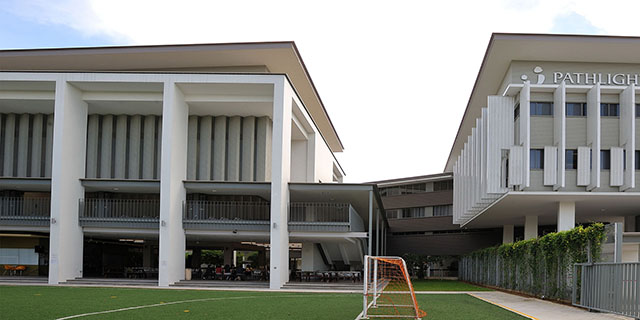The learning needs and supports for every person on the autism spectrum are different.
No two persons on the spectrum are the same.
Support for Young Children on the Autism Spectrum
Children on the autism spectrum may require intensive instruction and practice in their core areas of challenges, such as social interaction, communication, executive function, and independence. Research suggests that early intervention is very important. Specialised early intervention can provide people on the spectrum with the skills necessary to lead a meaningful and productive life.
Choosing intervention practitioners for your child requires careful consideration and review. Various types of early intervention for autism and other developmental conditions exist and may be available to you. SG Enable, an organisation dedicated to enabling persons with disabilities has compiled a list of services. Please click here for more information.
You may also visit our early intervention programme website for more information on how your child on the autism spectrum can be supported.

Support For Students on the Autism Spectrum
Some students on the autism spectrum will be able to learn together with their peers in mainstream schools with specialist support. Others will need specialised and customised environments to learn in a more individualised way, with the time and opportunity to practise and apply the skills they have learnt in authentic settings.
You may visit our Pathlight School website for more information on the academic and life skills programmes available for students on the autism spectrum.

Support for Adults on the Autism Spectrum
As a person on the autism spectrum enters adolescence and adulthood, there is a continued need for support, education, and guidance.
Typically, ongoing services are required to help the person on the autism spectrum to:
- Develop social safety skills and problem-solve daily experiences
- Negotiate higher education options, meet work productivity demands, and achieve vocational skills through job coaching
- Develop daily routines, and public survival skills, and understand and comply with social rules and expectations
- Develop skills in planning, organising, and participating in leisure pursuits
- Develop positive relationships with others
- Understand and cope with sexuality issues
- Manage stress and anxiety
Take a look at the Employability & Employment Centre (E2C) webpage for more information on job training, placement and support for adults on the autism spectrum.
Find out more about Residential Training and Support for adults on the autism spectrum in authentic residential settings.








